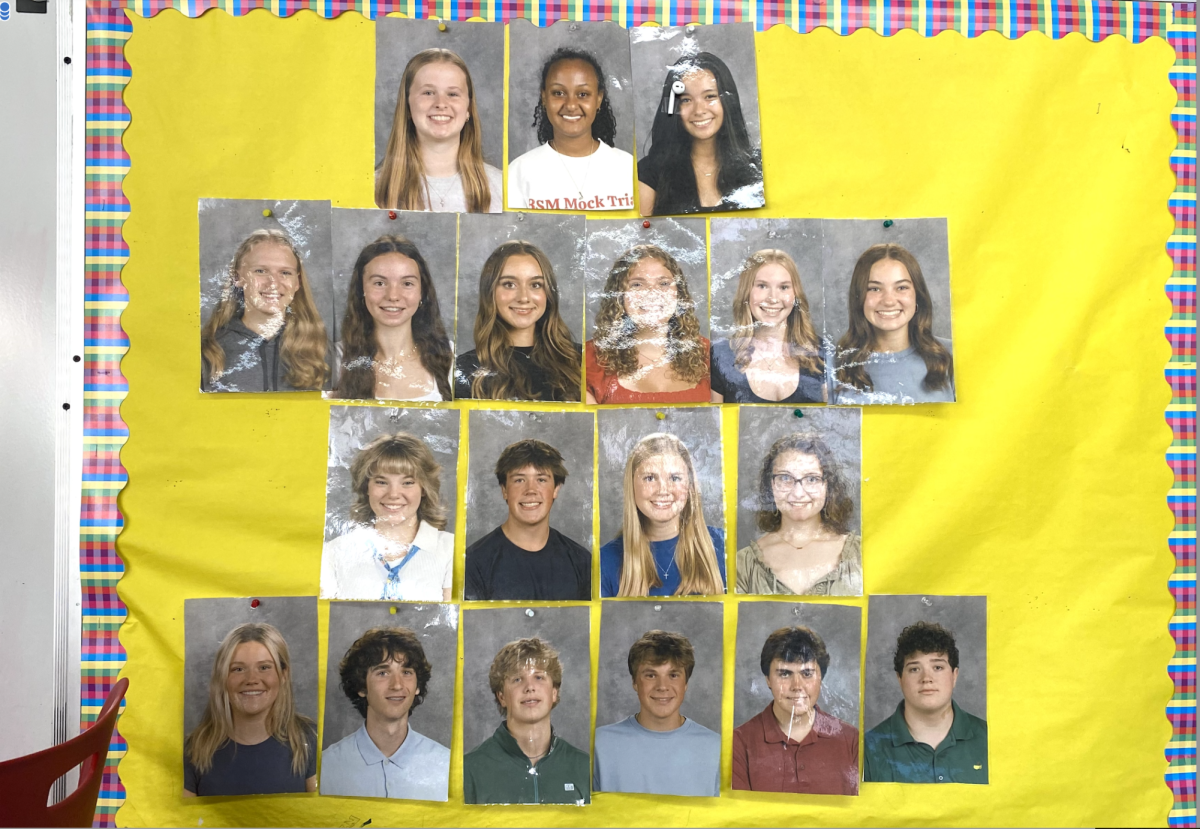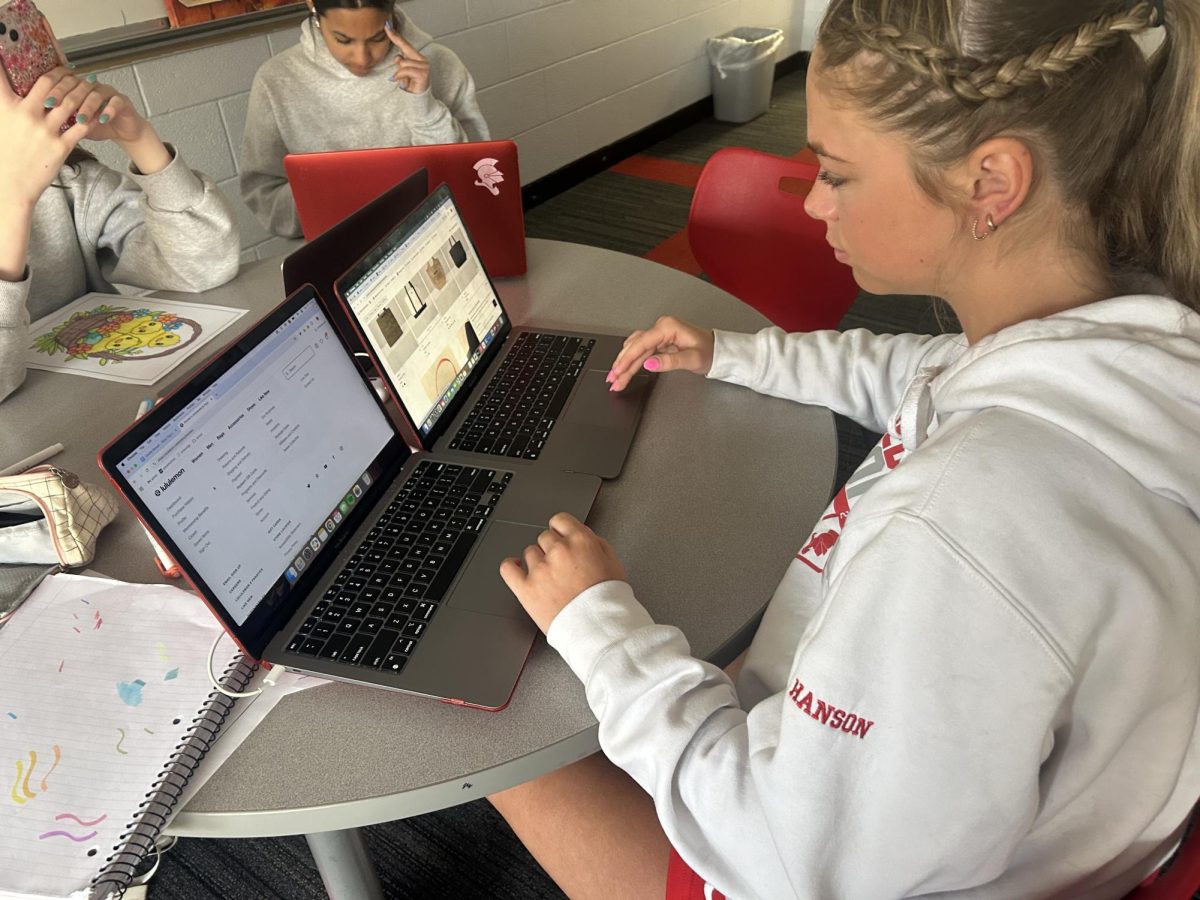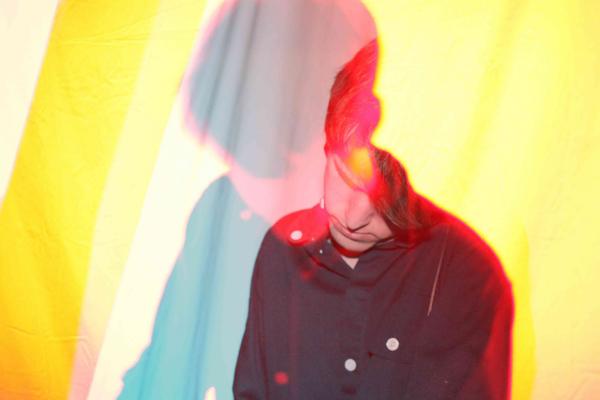James Blake introduced himself with three modest EPs all released just last year; and, although they all had streaks of dullness, the EPs were interrupted by moments of sheer brilliance that showed Blake’s potential as both a producer and musician. One thing was made absolutely clear by these EPs: he was committed to dubstep, a genre which originates from London. Many people don’t take the genre seriously because of the extreme bass lines and drum patterns with the occasional sample that could come of as a bit overdone.
Just before the end of 2010, James Blake released a single from his forthcoming debut–a Fiest cover featuring a slow piano hook and gorgeous melancholy vocals. It showed that Blake wasn’t only an electronic artist but also a classically trained singer and pianist. The point being, this kid can sing.
He just released his self-titled debut LP, and it stands tall as the most impressive and surprising debut from an electronic artists in years. Blake perfectly bends his natural swoon with his production skills to often sublime results, finding a middle ground between singer songwriter and dubstep artist.
The opening track “Unluck” starts with a sonic glitch and slowly moves into chopped up vocals. It is the perfect opener, introducing the listener to the new world of sounds they are about to immerse in but is the weakest track here. This gives the disc room to improve.
Next up is “The Wilhem Scream,” the most accessible and all around best song on the debut. It bounces off the speakers with stark lyrics and a piano hook that takes the listener in right away.
The album shows its versatility in other spots with slower songs that take several listens to fully understand such as “Lindisfarne” parts I and II, a breathtaking ballad, Blake sounds like Bon Iver but much more daring. “Limit to your Love” transitions the listener into the second half of the album with Blake using a contagious drum beat that shows why he is loyal to his genre of dubstep.
“To Care (Like You)” shows off his unique ability to manipulate vocal recordings. He uses both his own vocals and a female R&B sample to create a deceiving song. Close your eyes and listen; it seems to go on for hours while only being a few short minutes. The longevity testifies not to its annoyance but to its impressive staying power.
This album is essentially club music made for listening alone in dark spaces, not exactly an original idea. However, these eleven songs, with their true influences hiding under layers of drums and piano, are simply like nothing you’ve ever heard before.
The album is easy to get lost in; each song paints a vast open sound that seems void of anyone but Blake, lonely as can be, singing these beautiful ballads to himself. Without a weak song here, this could be the debut of the year. Blake may just be the savior of dubstep; breaking mainstream audiences into its extreme sound by creating a middle ground with his crooning vocals.




































![Teacher Lore: Mr. Hillman [Podcast]](https://bsmknighterrant.org/wp-content/uploads/2025/03/teacherlorelogo-1200x685.png)





